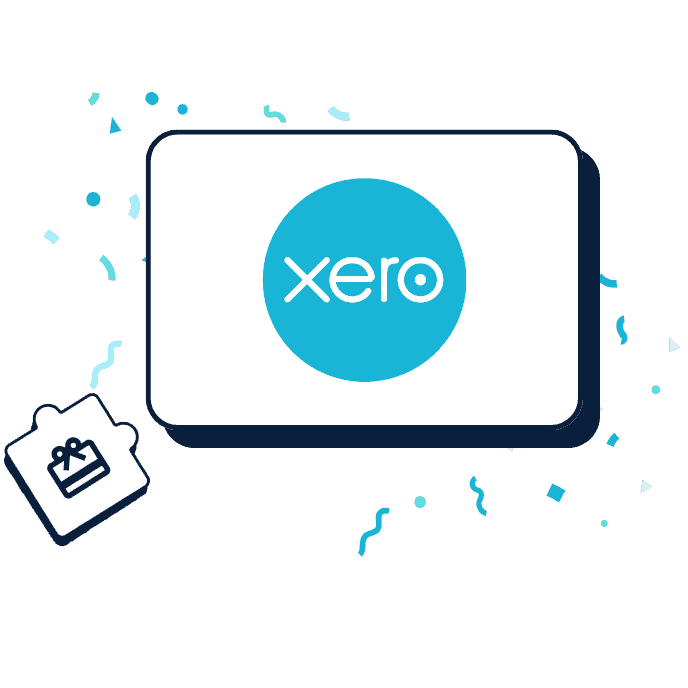Sydney-based legal graduate. Formerly Legal Intern at Lawpath.
Written by
Katarina Dapcevic
Reviewed by
Table of Contents
Background
An invoice is a record of purchases from your customers for the goods and services you have provided to them. Invoices include quantities of products, the type of products, and the agreed price for purchase. There are a number of different types of invoices that your business could choose to use depending on the circumstances. Keeping a record of these charges is vital to ensure you are fulfilling your legal obligation of storing business records for five years. In this article, we will be exploring the ability of a business to charge interest on unpaid invoices.
What is Interest?
Interest is an amount charged by the lender (business owner) to the borrower (customer) as a percentage of the payment that is owed.
Essentially, it is the cost of borrowing money. It is generally calculated on an annual basis but is normally broken down month by month until the payment is finalised.
Is it legal to charge interest on overdue invoices?
The short answer is yes. You can charge interest on overdue invoices, which is legal for small businesses to do.
However, there are certain things that you need to take into consideration when charging interest, as particular mistakes can cause bigger problems down the line.
The first important point to consider is to add a provision within the Terms and Conditions regarding interest on overdue payments which the customer has agreed to before they paid. This ensures that the customer is aware of what is expected of them and solidifies the agreement in writing. Without such a provision, you may not have the legal right to charge interest.
The next important step to take into account is to make the interest rate ‘fair and reasonable’. This is important as customers will not be willing to pay extremely high-interest rates. Further, the courts will not uphold interest that is deemed unreasonably high. If you are unsure about the amount of interest to charge, it is normally around 10 percent annually. This is then broken down on a month-by-month basis until the invoice is paid. Late payment interest calculators are a great way to figure this all out.
Lastly, clearly state the due date of the payment to your customer. We all have things to be paying off constantly, and often people forget when certain payments are due. Print the due date on the invoice and communicate to your customer when you are expecting the payment to be finalised.

Get on demand legal advice for one low monthly fee.
Sign up to our Legal Advice Plan and access professional legal advice whenever you need it.
Should you Charge Interest on Late Payments?
Essentially, if customers know that there will be charges on late payments it provides an incentive to pay their invoices on time.
After examining the technicalities of interest on late payments, you may be wondering if you should actually do it.
It is crucial to balance the need for on-time payments with your ongoing relationships with customers. Sending reminders on a weekly or fortnightly basis is a great way to ensure customers are keeping track of their payments. Reminders can include; informing them when their first payment is due, when they are late, and when you will start charging interest. This allows for transparency with your clients throughout the entire process.
Conclusion
Charging customers for late payments is completely legal. However, you should be aware of the technicalities behind charging interest. If you are unsure or have further questions, speak to a business lawyer.







